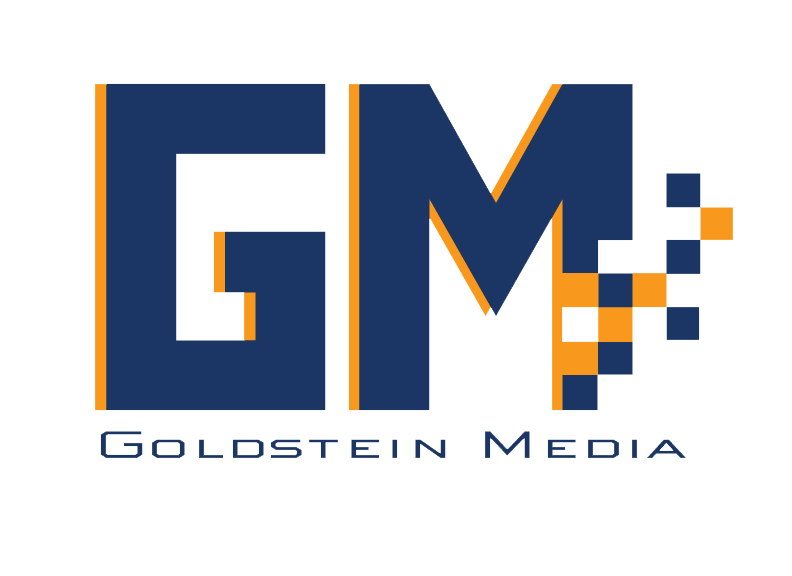Duh, We Can’t Fully Trust Googlers… Shocker!
Google’s latest leak has shed light on something significant about the search giant. It reinforces the notion that actions speak louder than words. Instead of relying solely on their statements, it is crucial to base our understanding of Google on what they actually do. This leak serves as a reminder to dig deeper and pay attention to their actions rather than taking their word at face value.
More than 2,500 pages of Google’s Search API documentation were leaked, containing details on 14,014 different ranking attributes or “signals” used by Google’s search algorithms.
While it’s not to say that everything said by Danny Sullivan, the Search Liaison, or John Mueller, who is on the search relations team, should be dismissed, this leak highlights that we need to focus on what is actually happening not what they want us to believe.
I’ve suspected as fact, for a while, was that Google does consider factors like click data, subdomain treatment, a “sandbox” for new sites, and domain age – contrary to past denials from the company.
Michael King, from iPullRank, and Rand Fishkin, formerly of Moz and currently from Sparktoro, had great breakdowns the details.
Rand and Mike claim the leak is legitimate based on their analysis, which I trust, though Google has not officially confirmed the authenticity of the documents.
While the leak offers insights, many experts caution it does not provide a complete picture of Google’s search algorithms, which are constantly evolving. Some signals may be outdated or unused. But others might still be used, some heavily.
Another thing we need to realize, this leak damages Google’s reputation and credibility, especially if the leaked information is proven legitimate through further analysis and Google’s response (or lack thereof). I know journalists on both sides (I’m be generous here), will have a field day with this, which in an election year is terrifying.
I suggest, even if you’re not fully in the industry, looking at both of the posts to see what Google is up to.
In the end, I’m going to agree with, former Googler Matt Cutts, produce good content and the links and visitors will come. Although with artificial intelligence snippets, this too is changing.




